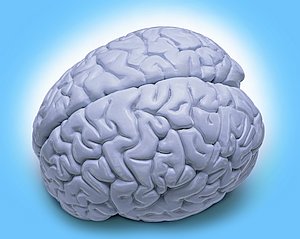Brain genes produce multiple proteins each
When scientists managed to decode the human DNA, they identified some 20,000 genes that code for proteins. This surprised them because humans produce many more proteins than this. It became clear that genes must code for multiple proteins, not just one each.
A study of brain tissue has found that some 13,000 genes produce over 30,000 different mRNAs. (mRNA is a copy of the DNA that codes directly for a protein). This is far more proteins than was previously thought.

The genes of more complex organisms are comprised of segments called exons and introns. The introns lie between the exons. The whole gene is copied to RNA and then edited to remove the introns (‘spliced’ with a phenomenally complex machine called a ‘spliceosome’—creation.com/splicing) to produce the protein-coding mRNA—or so it was thought.
This study of brain tissue reinforces that different mRNAs can be produced in various ways. Most commonly the splicing skips the first exon, or skips another exon, or includes an intron or uses an alternative last exon from another gene (in that order of frequency). Overall, the researchers found that over half of the genes produced more than one mRNA. Some produced mRNA transcripts for more than ten different proteins.
All this adds up to amazing complexity in the regulation of the genes. How do the cells decide how to edit each RNA (which protein to produce, and how much)? The mind boggles at the sophistication of the divine design that researchers are uncovering day by day. Stay tuned!
- Leung, S.K. et al., Full-length transcript sequencing of human and mouse cerebral cortex, Cell Reports 37(7):110022, 16 Nov 2021.


Readers’ comments
Comments are automatically closed 14 days after publication.